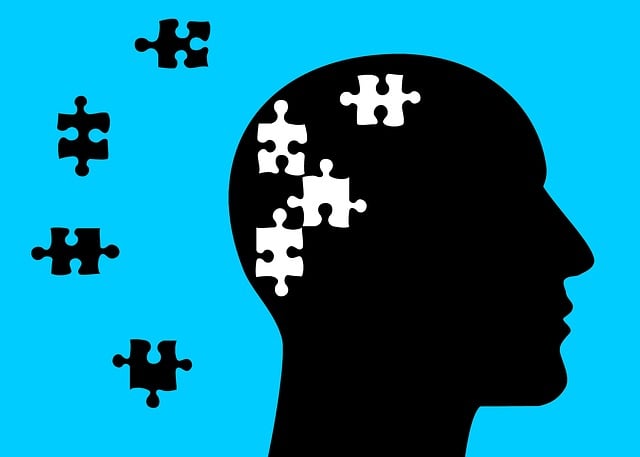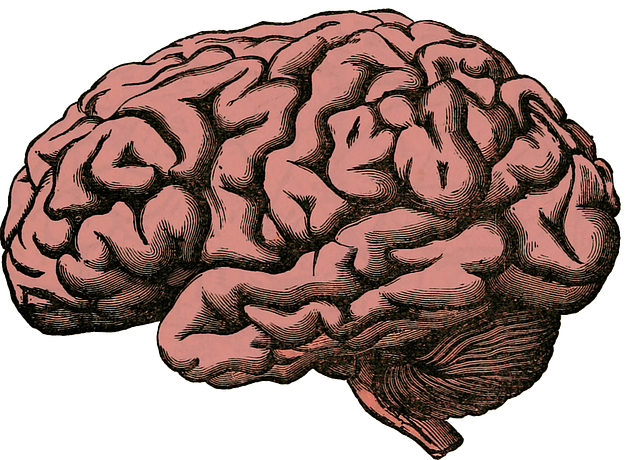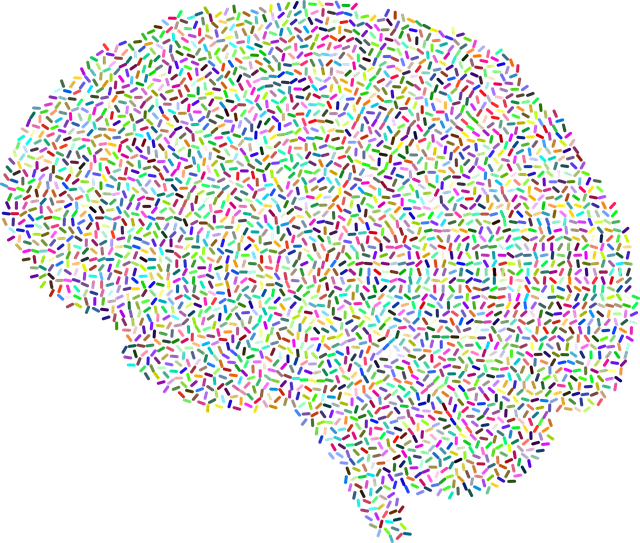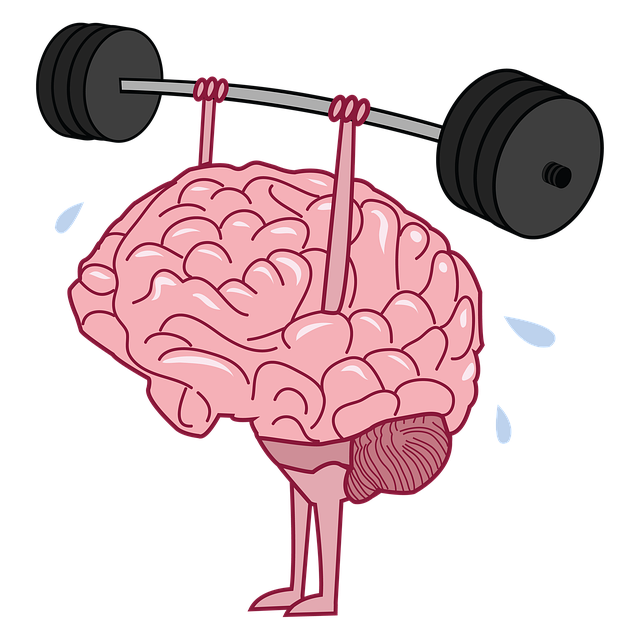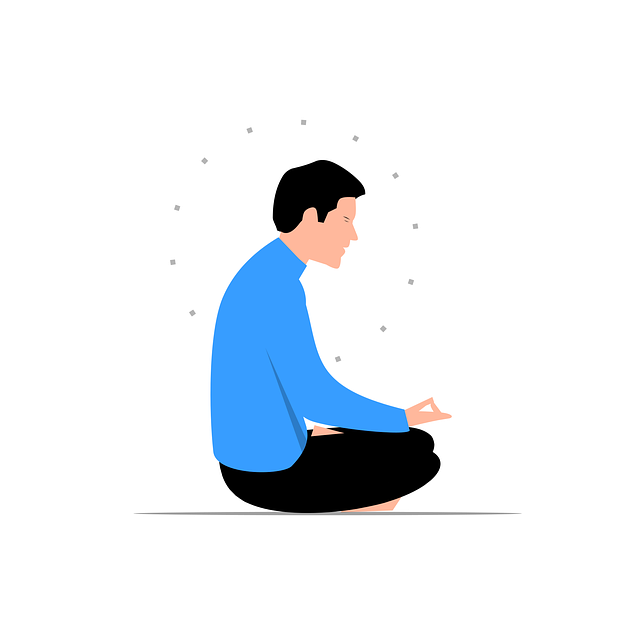Mental wellness coaching programs tailored for older adults (geriatrics) address unique challenges like loneliness, chronic illnesses, and cognitive decline, which contribute to anxiety, depression, and stress. These programs enhance resilience, build inner strength, and provide confidence-boosting strategies, improving quality of life and preventing burnout among healthcare providers. Integrating evidence-based practices, such as mindfulness meditation and communication strategies, tailored to age-related needs (e.g., gentle movement or chair yoga), fosters emotional healing and promotes mental well-being in geriatrics. Future research should focus on the long-term effectiveness of these interventions and explore technology-driven solutions for expanded access, aiming to establish their integral role within healthcare systems serving adults and geriatrics.
Mental wellness coaching programs are gaining prominence, especially within the geriatric population. As our society ages, understanding the unique mental health challenges faced by older adults becomes crucial. This article explores the development of specialized coaching interventions tailored for the geriatric sector. We delve into the significance of identifying the specific needs of this demographic and designing effective therapy models that cater to their distinct requirements. By examining current strategies and future directions, we aim to enhance the accessibility and impact of therapy for adults geriatrics.
- Understanding Mental Wellness and Its Impact on Geriatric Populations
- Identifying the Need for Specialized Coaching Programs for Adults
- Designing Effective Therapy Models for Mentally Well Geriatrics
- Implementation Strategies and Future Directions for Coaching Interventions
Understanding Mental Wellness and Its Impact on Geriatric Populations

Mental wellness is a crucial aspect of overall health, especially for geriatric populations. As individuals age, they often face unique challenges that can impact their mental well-being. Issues such as loneliness, chronic illnesses, and cognitive decline can contribute to increased anxiety, depression, and stress. Recognizing the importance of addressing these concerns is vital for promoting healthy aging.
The development of tailored coaching programs for the geriatric community offers a promising approach. These programs aim to enhance resilience, foster inner strength development, and provide confidence-boosting strategies. By focusing on mental wellness, coaches can help older adults navigate life’s transitions, improve their quality of life, and prevent burnout, particularly among healthcare providers who often care for this demographic. Effective therapy for adults geriatrics should integrate evidence-based practices to ensure positive outcomes and cater to the specific needs of this vulnerable yet resilient group.
Identifying the Need for Specialized Coaching Programs for Adults

In today’s fast-paced and often stressful world, the need for specialized mental wellness coaching programs tailored specifically for adults has become increasingly evident. While traditional therapy models have long served a vital role in addressing mental health concerns, they may not always cater adequately to the unique needs of the geriatric population. Adults, especially as they age, face distinct challenges that can contribute to cognitive decline, social isolation, and emotional distress. Identifying these specific needs is crucial for developing effective coaching interventions.
Specialized programs are required to address complex factors such as age-related memory issues, changing life circumstances, and the potential for burnout among healthcare providers who support this demographic. A comprehensive risk assessment for mental health professionals can help in recognizing and managing these risks. By incorporating evidence-based communication strategies and burnout prevention techniques, coaches can facilitate meaningful connections with adults, fostering a supportive environment that promotes mental wellness and enhances overall quality of life.
Designing Effective Therapy Models for Mentally Well Geriatrics

Designing therapeutic models tailored for older adults with mental health concerns is a nuanced yet vital aspect of geriatric care. As our population ages, ensuring the accessibility and effectiveness of therapy becomes increasingly crucial. The challenge lies in creating interventions that resonate with the unique needs and experiences of this demographic.
One promising approach involves integrating evidence-based practices such as mindfulness meditation and communication strategies to foster emotional healing processes. Tailoring these techniques to address specific age-related challenges can lead to more engaging and successful therapy sessions. For instance, incorporating gentle movement or chair yoga alongside mindfulness exercises can cater to physical limitations while still promoting mental well-being. Similarly, teaching communication skills adapted for cognitive changes can enhance interpersonal connections and overall life satisfaction in older adults.
Implementation Strategies and Future Directions for Coaching Interventions

The implementation of mental wellness coaching programs for adults, especially within geriatric populations, presents a promising approach to enhancing psychological well-being and quality of life. These interventions can be tailored to address specific needs, focusing on coping skills development, which is particularly beneficial in managing stress, anxiety, and even depression prevention among older adults. By integrating coaching into traditional therapy models, professionals can offer more personalized and accessible support.
Future directions for these coaching programs involve exploring technology-driven solutions, such as digital platforms and mobile applications, to expand access to care. Online coaching sessions, coupled with Crisis Intervention Guidance, can bridge the gap in reaching individuals who may face barriers in attending in-person therapy. Additionally, research should continue to emphasize the long-term sustainability and effectiveness of coaching interventions, ensuring their role in promoting mental wellness becomes deeply ingrained within healthcare systems catering to adults and geriatrics.
Mental wellness coaching programs tailored for adults geriatrics are a growing necessity in today’s world. By understanding the unique challenges faced by this population and designing effective therapy models, we can significantly enhance their mental health outcomes. Implementation strategies that focus on accessibility and adaptability ensure these programs reach those who need them most. Future research and developments should continue to explore innovative coaching interventions, fostering a supportive environment for older adults to thrive and maintain their mental wellness. This approach is pivotal in improving the overall quality of life for geriatrics, offering them enhanced resilience and a sense of well-being.






